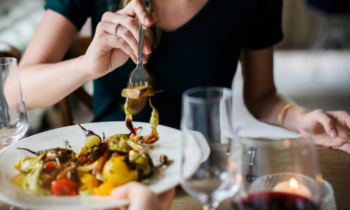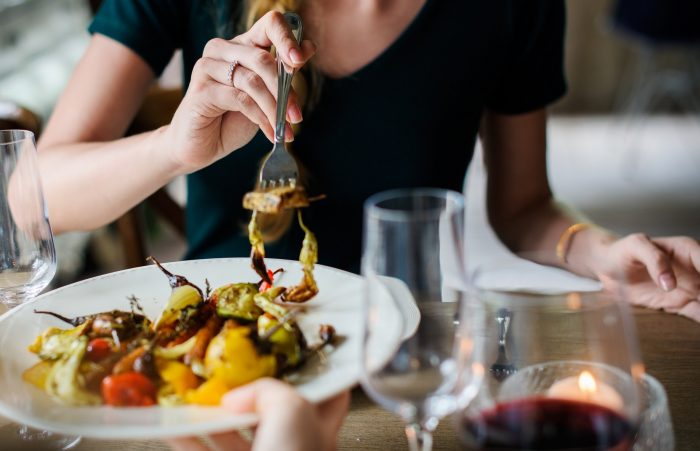Whether travelers’ food poisoning is known as Delhi Belly, Montezuma’s Revenge, or the Tokyo Trots, the digestive problems it can cause have the power to ruin a holiday. There is no way guaranteed to prevent the ailment unless you stay home, but by following essential food safety tips, you can decrease your chances of being exposed to its causes.

The top tips for food safety while traveling can help protect you from more than a bout of vomiting and diarrhea. They also can help minimize your chances of being exposed to diseases such as hepatitis A and typhoid. Food poisoning is more common in developing countries, especially those in Africa and Southeast Asia. Poor personal hygiene, low standards of food storage and production, and contaminated water supplies are largely responsible for the high instances of food poisoning in those regions.
- Wash Your Hands
Almost every lesson in good personal hygiene begins with hand washing. When traveling, it is especially important to wash your hands with soap or sanitize and warm water at every available opportunity. Taking a small bottle of water-free soap or hand sanitize also can help keep your hands clean, so the odds of beating germs and infection are more in your favor.
- Be Flexible With Your Diet
The food and beverages that people enjoy when they play Aussie slots games online may be alright at home, but, depending on what they are, they may pose serious risks abroad. Be prepared to be flexible without going wild. Avoiding the prawns that you would have eaten if you were at home is no reason to choose the most exotic dish on the menu because the consequences could be just as dire.
- Avoid Certain Foods
Although you are not likely to get travelers’ diarrhoea every time you eat certain foods, some items are best avoided when traveling. They include uncooked eggs, fish, meat, and shellfish, as well as exotic meats such as bushmeat, bat, and monkey. Consider avoiding salad and other raw produce, and buy what you do eat from reliable restaurants, vendors, and outlets. Avoid buffets when traveling. Apart from not offering the freshest food that is on offer has usually been reheated several times before being kept at the incorrect temperature.
- Beware of Water
Avoid drinking tap water, as well as drinks and even ice made from it, when traveling. Take a reusable bottle with you, and then use apps to help you find purified drinking water. You also can take water purification tablets with you.
- Take Over-the-Counter Medication
Take over-the-counter medication that provides relief from vomiting, diarrhea, and other food poisoning symptoms when you travel. If you do fall ill, you will at least have some means of immediate relief. If Delhi Belly does strike, you also should drink purified water to stay hydrated.
- Take Non-Perishable Food
Pack a few non-perishable food items into your luggage before setting off on your trip, even if they deviate from your usual diet choices. They could be a lifeline if you find yourself in a place in which your only food option is one you would rather avoid.


